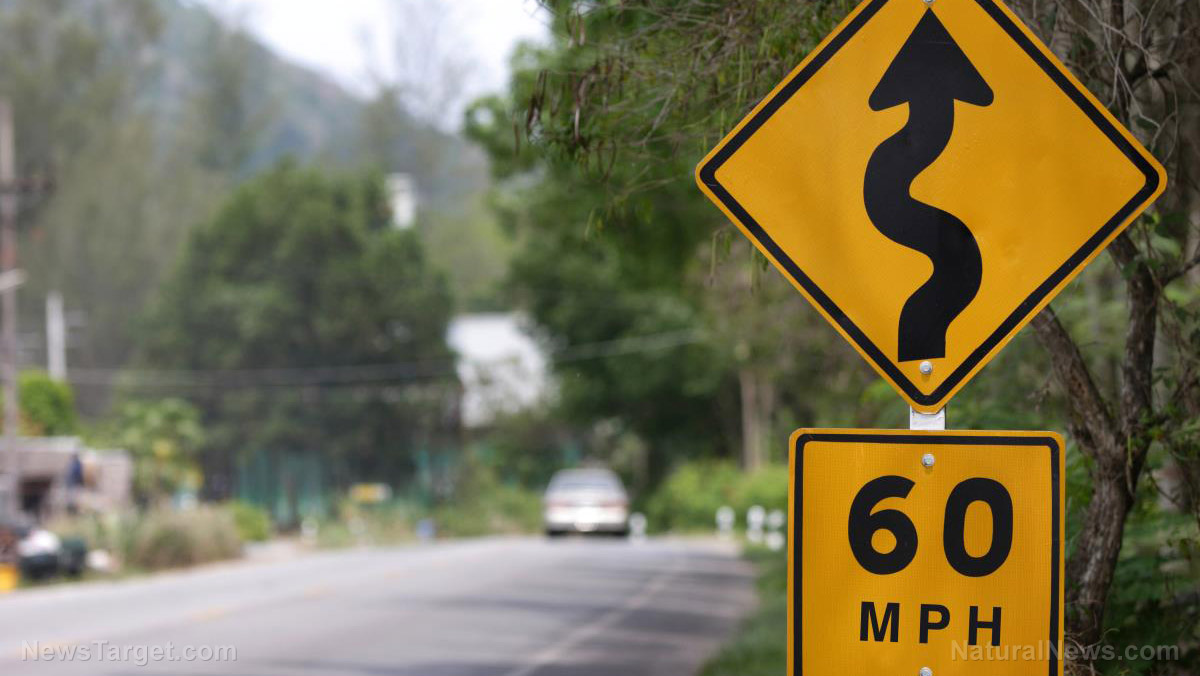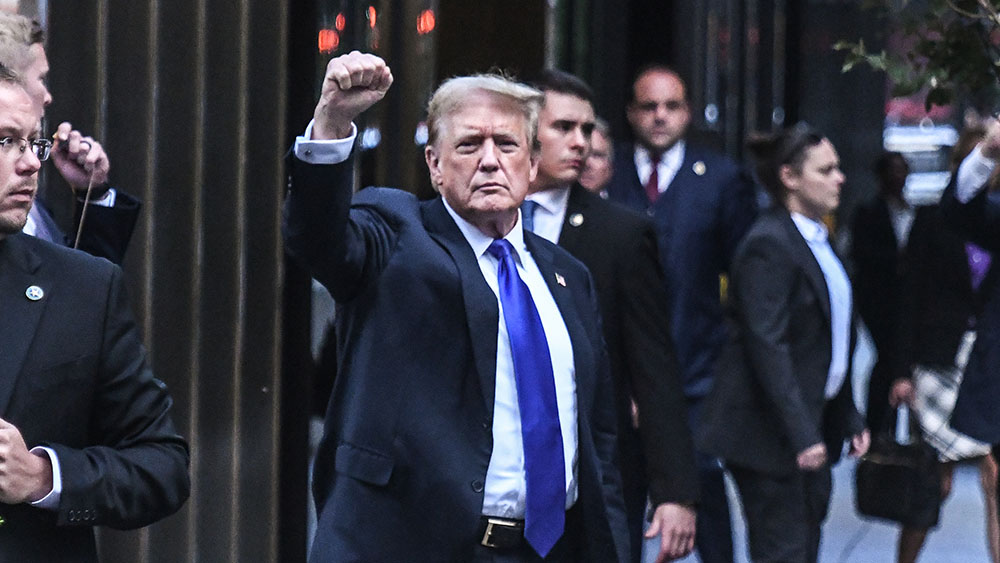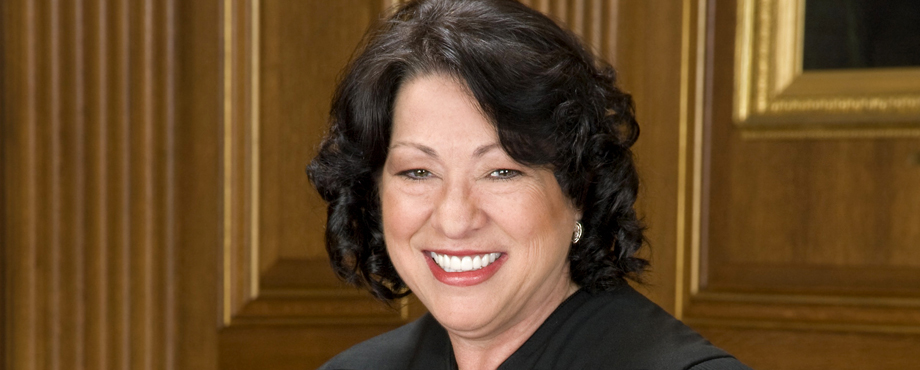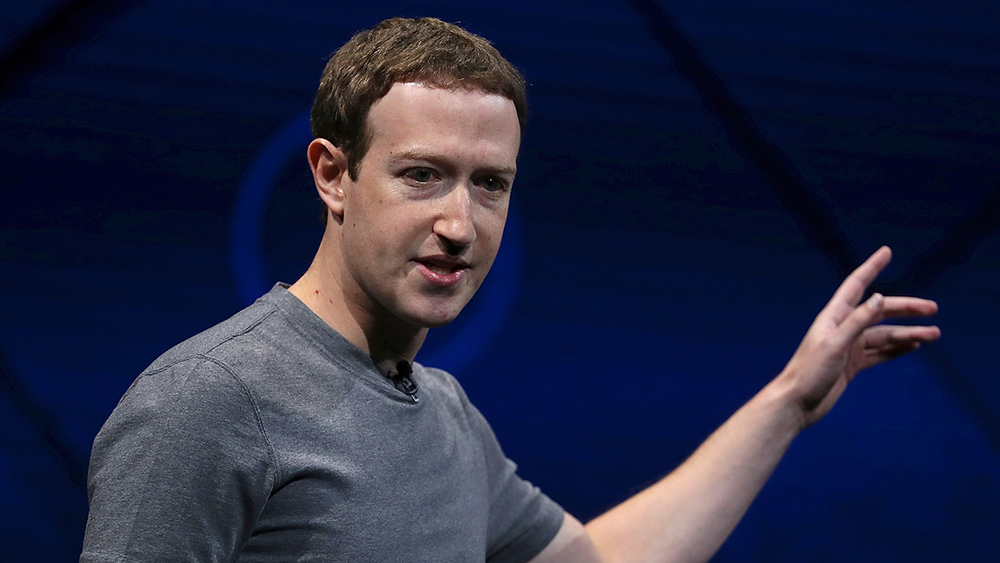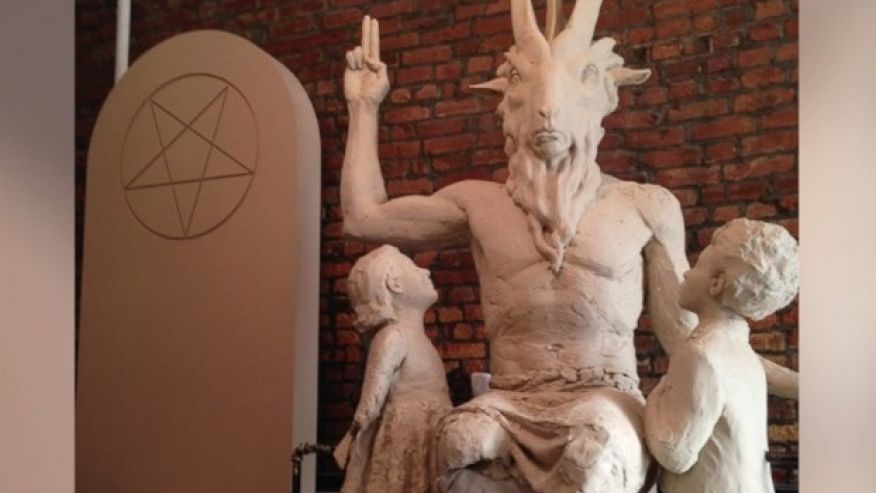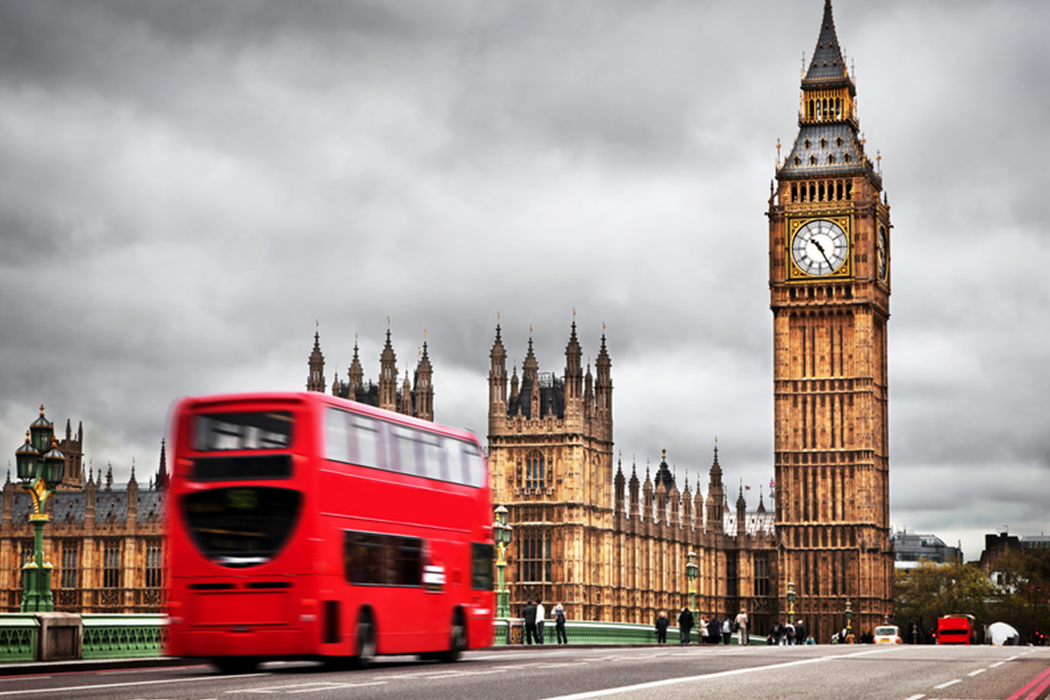11 Top Tories lose seats in U.K. House of Commons in historic election defeat
07/15/2024 / By Belle Carter

The United Kingdom’s Conservatives lost 11 cabinet minister seats in the party’s worst-ever electoral defeat as Britons chose to elect 650 members of the House of Commons on July 4.
Labour Party’s landslide victory became clear, in what former Tory leader William Hague called a “catastrophic” night for his party.
Former U.K. Prime Minister Liz Truss was one who has been ousted. Other Tory bigwigs who have fallen as their Labour contenders won were Johnny Mercer, Grant Shapps, Gillian Keegan, Lucy Frazer, Penny Mordaunt, Michelle Donelan, Alex Chalk, David TC Davies, Victoria Prentis, Mark Harper and Simon Hart.
The Independent reported that Chancellor Jeremy Hunt, Business Secretary Kemi Badenoch and Home Secretary James Cleverly were under threat as they held tightly despite challenges to their seats. Just resigned Prime Minister Rishi Sunak had a scare in his seat too but he won easily in the end taking almost half the vote. The Tories have retained just 121 seats while Labour gained 412, making them the majority. The Liberal Democrats are in third place with 71, followed by the Scottish National Party with nine seats, the Eurosceptic anti-immigration party Reform U.K. taking four and the Greens also with four constituencies.
Sunak said in his concession speech that the “British people have delivered a sobering verdict tonight. There is much to learn and reflect on and I take responsibility for the loss.” He also apologized to the nation as he spoke outside his official residence at Number 10 and accepted responsibility for the Conservatives’ loss. The former prime minister said he “heard voters’ anger at his government.”
“To the country, I would like to say first and foremost I am sorry,” he said. “I have given this job my all but you have sent a clear message that the government of the U.K. must change and yours is the judgement that matters. I have heard your anger, your disappointment and I take responsibility for this loss.”
Sunak said he would step down as party leader, adding “not immediately but once the formal arrangements for selecting my successor are in place.” Having said goodbye to staff in Downing Street just before his speech, Sunak then got into a car with his wife Akshata to travel to offer his resignation to the King. (Related: British Prime Minister: U.K. teens will be cut off from banks if they refuse national service.)
Former chairman of the Conservative Party Sir Brandon Lewis agreed that the loss was because of Sunak, saying he “will go down as the Conservative prime minister and leader who had the worst election result in over a century.”
Meanwhile, former Brexit minister Jacob Rees-Mogg, who lost his seat, has suggested aligning the Tories’ agenda with that of Nigel Farage’s Eurosceptic, anti-immigration Reform U.K. party. On the other hand, Shapps blamed the drubbing on bickering among the Tories, denouncing what he called an “endless political soap opera out of internal rivalries and divisions.”
Polls forecast the Conservatives’ sweeping defeat
The massive Labour Party landslide in the recent elections was foreseen thanks to survey respondents in the United Kingdom.
Long-standing pollster YouGov’s multi-level regression and post-stratification (MRP) poll previously predicted new Prime Minister Keir Starmer’s Labour Party to win 431 seats, up 229 from 2019, with the Tories on 102, down 263 seats from the last election. These numbers would give Labour a majority of 212, the largest the party has ever enjoyed. Ed Davey’s Liberal Democrats were on 72 seats, up 61. The survey also saw Farage’s insurgent right-wing Reform U.K. to win three seats.
Another poll by More in Common released a day before the elections predicted a 210-seat majority for Labour, showing the party on 430 seats, up 228 from the last election, while the Tories were down 239 seats on 126. The Liberal Democrats returned as the third party with 52 seats, up 41, while the Scottish National Party held 16 seats, a loss of 32. Reform U.K. won two seats.
A Focaldata poll also published Wednesday suggested an even higher majority for Labour of 238, allocating the party’s 444 seats to the Tories’ 108 seats. The Lib Dems would also return as the third party with 57 seats, while the Scottish National Party (SNP) held just 15 of Scotland’s 57 seats. Reform would again win two seats.
YouGov correctly predicted a hung parliament in the 2017 general election in an MRP poll when other polling suggested a strong majority for the Tories. MRP polls use a far larger sample size and involve looking at each person’s voting intention and demographic characteristics, including their age, income, occupation and level of education, as well as their past voting behavior. The pollster then maps these factors onto the rest of the country, looking at how many voters fit that characteristic in each constituency using data from sources including the latest census, which allows seat-by-seat predictions.
In the House of Commons, 326 seats out of 650 are needed to govern with an overall majority. Labour’s last election-winning Prime Minister Tony Blair won the 1997 general election with a majority of 179, winning two further elections with smaller majorities.
Head over to BigGovernment.news for more stories about global politics.
Sources for this article include:
Submit a correction >>
Tagged Under:
big government, conservatives, election, electoral defeat, Grant Shapps, greens, Jacob Rees-Mogg, Labour Party, Liberal Democrats, Liz Truss, MP, Penny Mordaunt, politics, Reform UK, Rishi Sunak, Scottish National Party, Sir Brandon Lewis, Tory, United Kingdom, William Hague
This article may contain statements that reflect the opinion of the author
RECENT NEWS & ARTICLES
COPYRIGHT © 2017 FREEDOM NEWS

